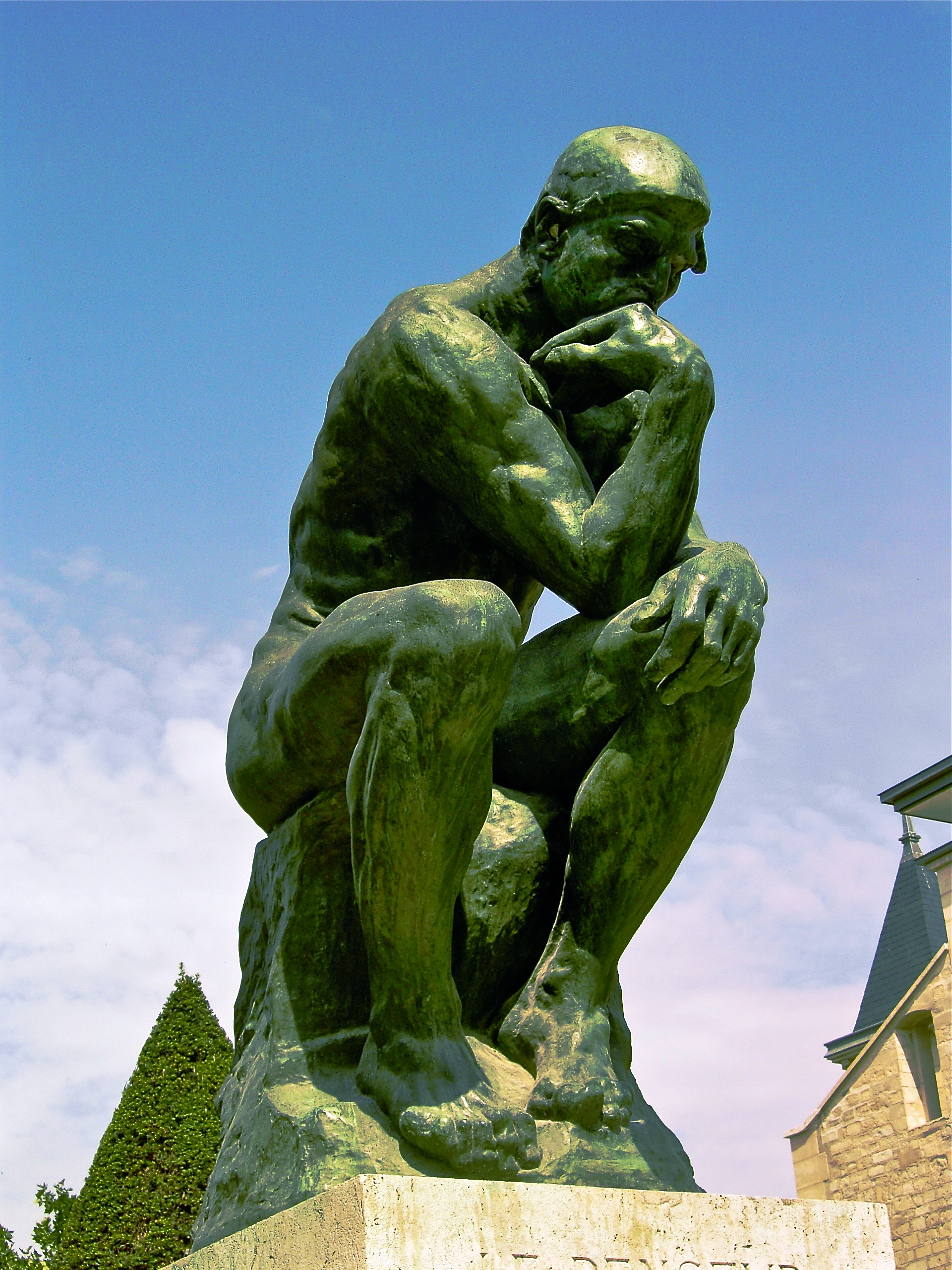For the last 10+ years or so, I’ve blogged about things off and on here. My brain ranges between topics freely, like a bird flitting to and fro in a cage. Never settled, always looking for another perch. Not realizing that I’m still not really free to go where I want.
But by spending time thinking about purpose, I’ve seen the duplicity of my brain, and how it sabotages my purpose.
If I say “My purpose is ___” and then that only constitutes 25% of what I do, at best, is it really central to my purpose? No, of course not. So why does my brain refuse to focus on my purpose?
Simply put, it’s my flesh. My worldly nature is in control. And I have allowed it to run amok. If I were of singular focus, I would hardly ever get distracted and waste time with things that didn’t matter. Too much of my energy is spent on ancillary activities, while my central purpose goes neglected.
Just identifying the problem doesn’t solve it, though. And this is the part where most people fail.
So how do you fix something when your problem is the inability to fix things??
Everything starts with your mindset. No, your thoughts are not going to “magically make things happen.” Unless you’re talking about magically making things happen within your own head.
You see, knowing your purpose doesn’t do anything by itself- you have to choose to act in a way that reflects your purpose. But that also requires choosing to not do things that aren’t conducive to your purpose. You can’t just say “I’ll dedicate all my free time to writing” and then never make sure you have any free time! It’s a choice. You have to choose to give things up for your purpose. You can’t do everything. There’s only so many hours in a day.
So let’s say I want to take up long-distance cycling. Again. What does that require? I have to do more than just think about it. I have to make sure my bike is in good working order, that I have my riding gear clean and ready to go. That I have my bags packed (if I need them) and that my alarm is set early enough for me to get somewhere on time. I have to have goals, I need a route, and THEN I still need the desire to do it.
I won’t get back into cycling if I don’t prepare in a way that facilitates it, but ALSO minimizes obstacles to it (like not eating right, lack of sleep, etc). I won’t make music if I don’t prepare for it, physically AND mentally.
When you’re in a spiritual rut, just wanting to get out of it doesn’t help. And yeah, your brain will try to say “you can’t do it on your own!” which is only partially correct. The truth is, you still have to do something or nothing will change. And I think the distinction here is this:
You take the steps, God gives you the strength.
Calvinism leans too heavily on God’s sovereignty, and bypasses our involvement completely. Most other religions lean too heavily on our involvement, and bypass or downplay God’s role in the matter.
But the truth is, you have to take the first step. You have to get on the bike. You have to pick up the weights. You have to stake steps towards God: He can’t do that for you.
The only thing that remains is deciding which steps to take to start your journey. But it is crucial that you take the first steps. Scripture says “draw near to God, and He will draw near to you.” (James 4:8) Notice the order it happens in: God normally doesn’t draw in where He’s not wanted or welcome.
In my case, I struggle with what steps to take. I find myself saying “I’ve tried that before, nothing happened!” But I need to keep taking steps until I start seeing progress, and not get discouraged. I need to believe James 4:8, and not believe the lie that “it’s all futile, God doesn’t care.”
What is your purpose?
Work towards it.
Eliminate obstacles.

